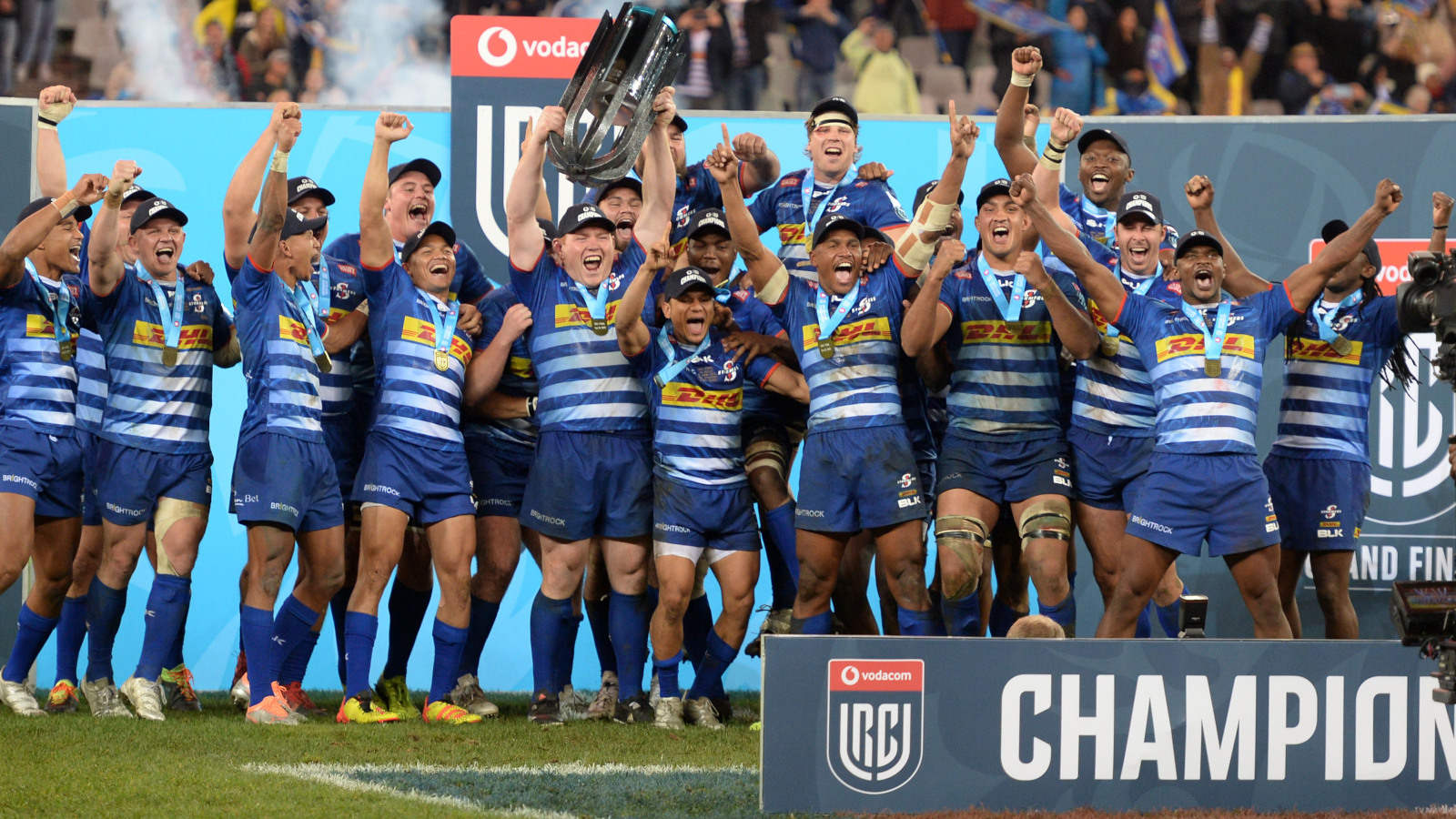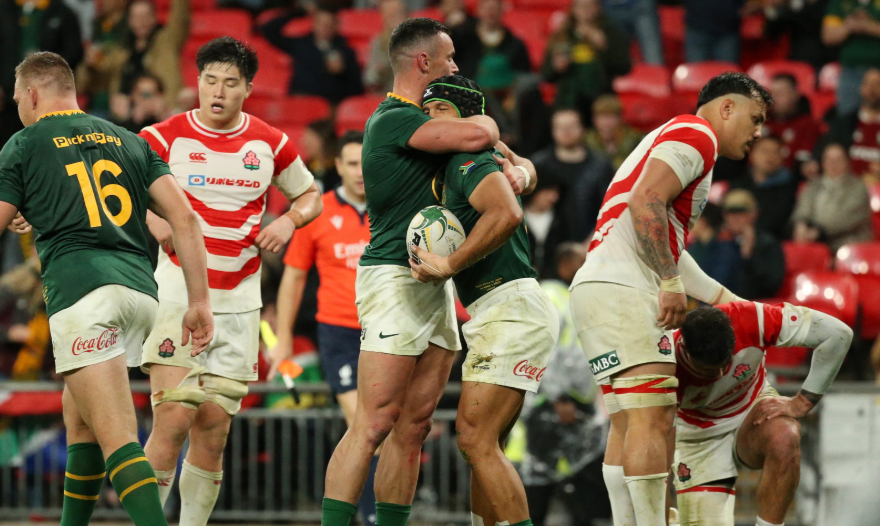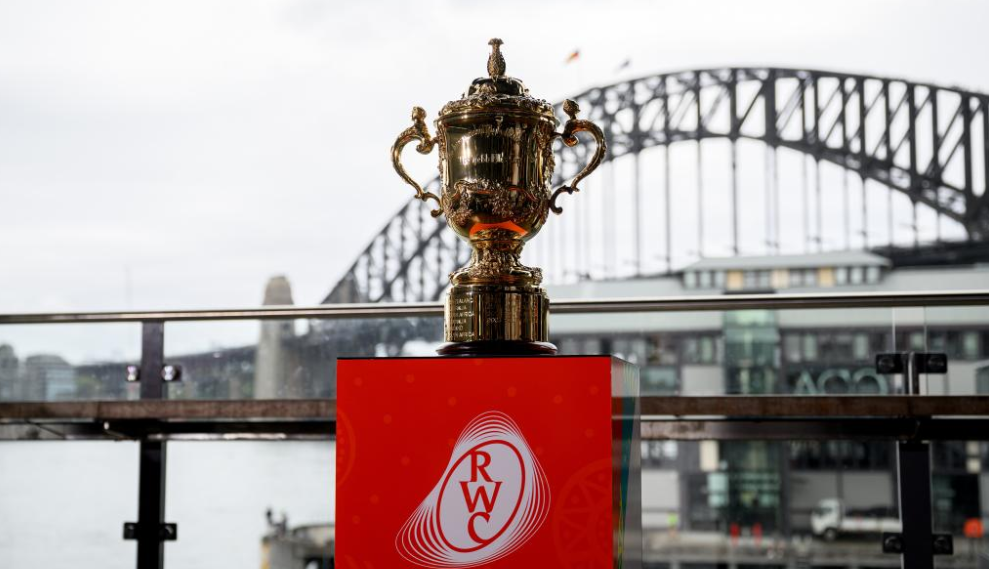Ireland’s Six Nations campaign ended in bitter disappointment, and Brian O’Driscoll isn’t shying away from calling out the cracks in the system. The Irish were on the verge of history, aiming to become the first team to win three consecutive Six Nations titles in the modern era, but a 42-27 thrashing at the hands of France derailed their hopes. A narrow and unconvincing 22-17 victory over Italy only deepened concerns, leaving questions over whether this Ireland team has regressed rather than evolved.

Many have pinpointed Ireland’s attacking frailties as their Achilles’ heel in the tournament, but O’Driscoll believes the real issue runs deeper—right into the heart of their defence. And, in an ominous twist, he’s laying some of the blame at the doorstep of Leinster, the powerhouse that provides the bulk of the Irish squad.
The Ireland-Leinster Defensive Disconnect
O’Driscoll, speaking on Off The Ball, suggested that Ireland’s defensive woes stem from a clash of systems between the national team and Leinster. He highlighted a worrying lack of cohesion, with players seemingly torn between Leinster’s aggressive defensive structure and Ireland’s system under Simon Easterby.
“It almost feels as though they’re nearly retraining themselves into the Ireland system, but yet muscle memory has them doing some of the Leinster components,” O’Driscoll explained.
This confusion was evident in Ireland’s near-disaster against Italy, where the defensive line appeared disjointed. He pointed to Monty Ioane’s try as a prime example—Tommaso Menoncello carved through the Irish defence with ease, exploiting gaps caused by misalignment and poor connectivity.
The stats are damning. Ireland conceded 14 tries in the 2025 Six Nations, their worst defensive record since 2002. Before the Italy game, they had already leaked the most tries in a campaign in over two decades. That’s an alarming drop for a team that, in recent years, built its reputation on defensive resilience.
Is Jacques Nienaber’s Leinster System Undermining Ireland?
A key factor in this breakdown could be Leinster’s new defensive approach under Jacques Nienaber, the mastermind behind South Africa’s famed blitz defence. The two-time Rugby World Cup-winning coach has been implementing a Springbok-style defensive system at Leinster, but O’Driscoll believes this shift is negatively impacting Ireland.
“It doesn’t feel as though that certainty is there anymore,” he said. “I do think the change of system at Leinster over the last couple of seasons has impacted the national team as well because they’re not defending in a similar way.”
The concern? Leinster’s players—who form the backbone of Ireland’s squad—are stuck between two different defensive philosophies. At club level, they are drilled to rush up with extreme line speed, whereas Ireland’s system requires a more structured, connected approach. That disconnect is costing Ireland dearly.
Can Leinster Fix Their Issues Before Facing the Bulls?
By B.O.D.’s logic, it remains to be seen if this defensive frailty will spill over into the club scene this weekend when Leinster faces a brutal examination against the Vodacom Bulls in Pretoria. Loftus Versfeld is a fortress for the South African side, and their high-paced, physical brand of rugby is perfectly designed to exploit a fragile defensive line.
Leinster’s backline will be put under immense pressure by the Bulls’ powerful runners and offloading game. If the Irish province carries the same defensive inconsistencies into this match, they could be in for a long, painful evening under the lights of Loftus.
Could this be the game that exposes just how much Nienaber’s system is harming Irish rugby? If Leinster folds against the Bulls, it will fuel the growing debate about whether Ireland’s top province has veered too far away from the national team’s blueprint. That is ironic, considering that Leinster is unbeaten in all competitions this season thus far.
Crisis or Overreaction?
O’Driscoll’s concerns shouldn’t be ignored. Ireland’s Six Nations performance raised red flags, and with Leinster now possibly carrying those same vulnerabilities into the United Rugby Championship, there’s legitimate cause for worry.
If Leinster gets carved open in Pretoria, the backlash will be swift. Has Nienaber’s system made Leinster better, or has it come at the cost of Ireland’s success? One thing’s for sure—Saturday’s showdown at Loftus Versfeld will be a test not just of Leinster’s URC credentials, but of Ireland’s long-term defensive future.
Stay tuned, because if Leinster stumbles, this debate is about to explode.




